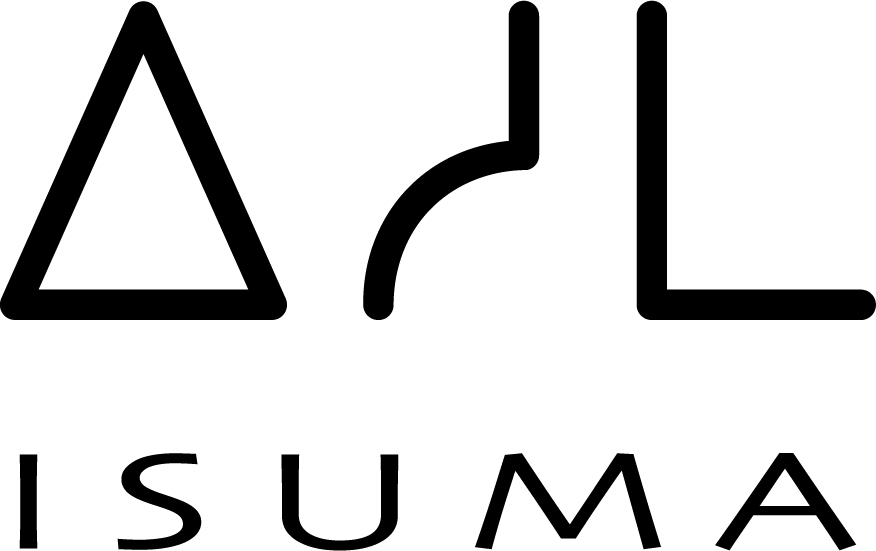Isuma Bios
About Isuma… Uqalimakkanirit
ᓱᒃᑲᔪᒥᒃ ᖃᕋᓴᐅᔭᒃᑯᕈᓐᓇᐅᑎᖃᕐᐲᑦ? ᓱᒃᑲᔪᒧᐊᕐᓗᑎᑦ
ᑕᕆᔭᕋᓱᒃᑕᐃᑦ ᓱᒃᑲᐃᓗᐊᕐᐸ? ᐊᓯᓪᓕᕐᓗᒍ ᓱᒃᑲᐃᓂᕐᓴᒧᑦ ᑕᑯᒃᓴᐅᓇᕐᑐᒧᑦ
ISUMA: Testimony, Lazarie Otak (80 mins), Igloolik Isuma Productions, NITV 2007, Interviewer Peter Irniq, Camera Zacharias Kunuk. Inuktut w/ English transcript.
Testimonies by Residential School Survivors, life histories and school experiences. Lazarie Otak, Igloolik.
